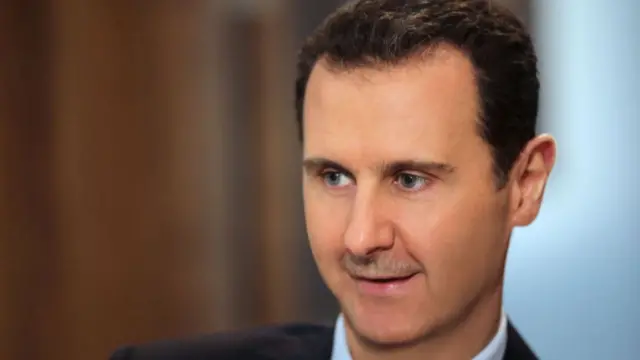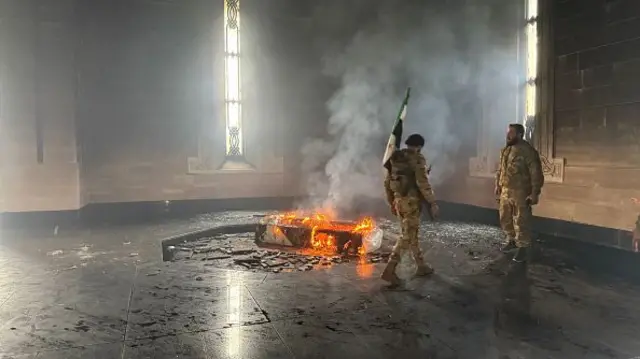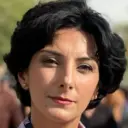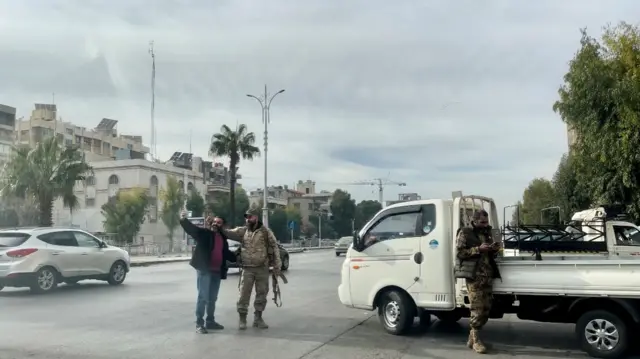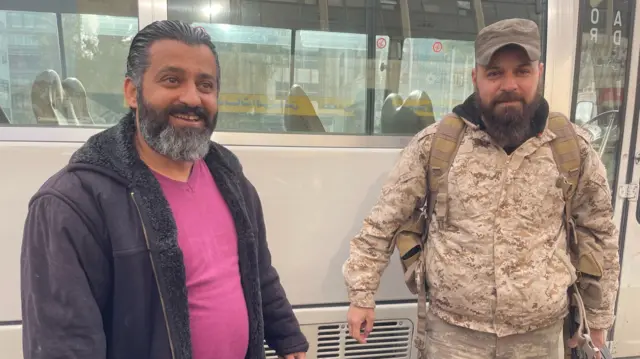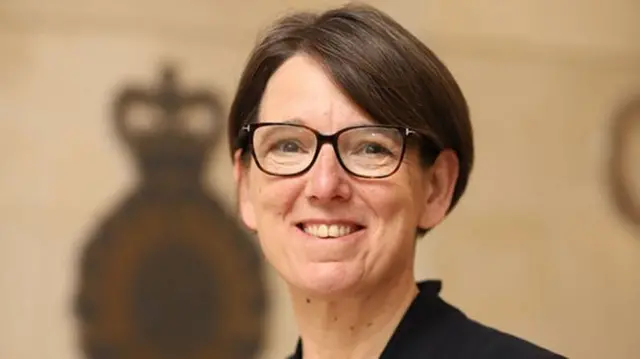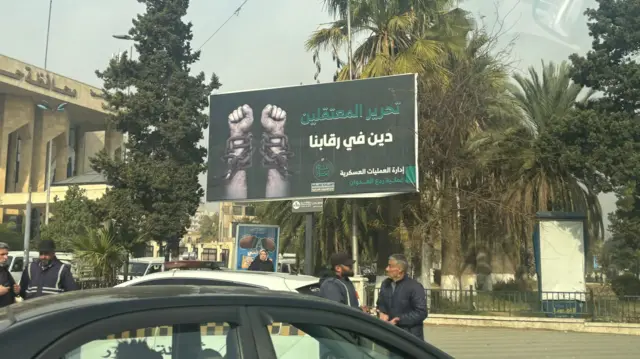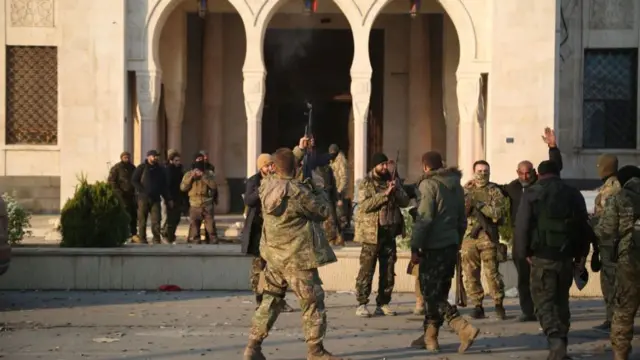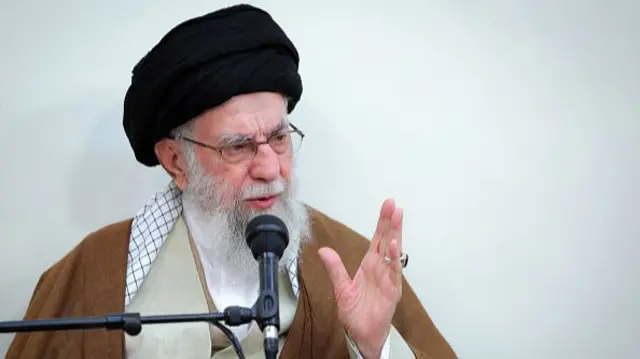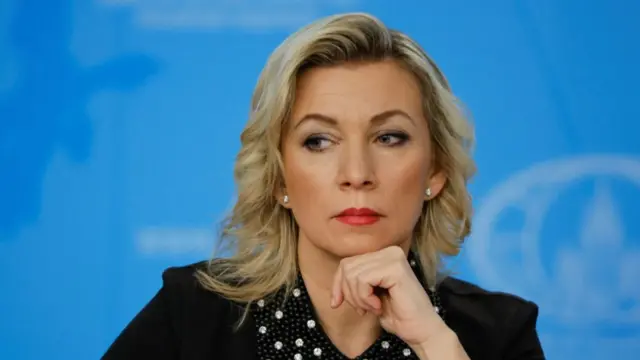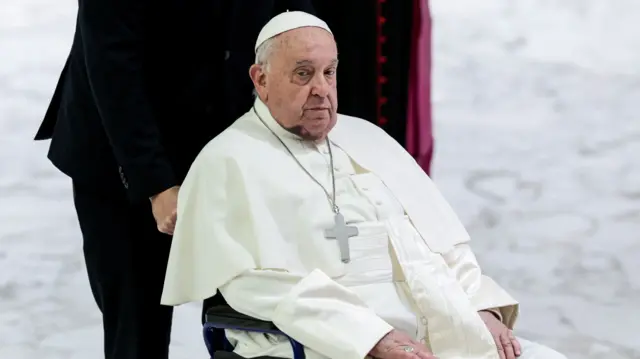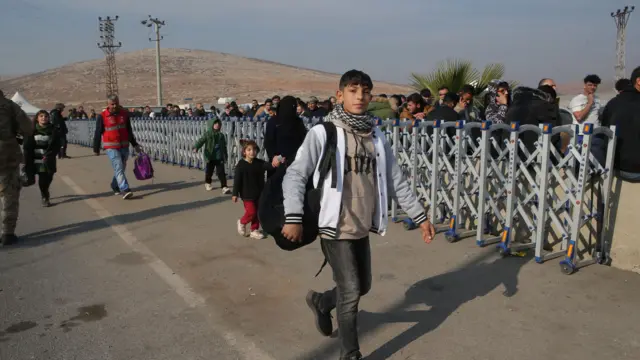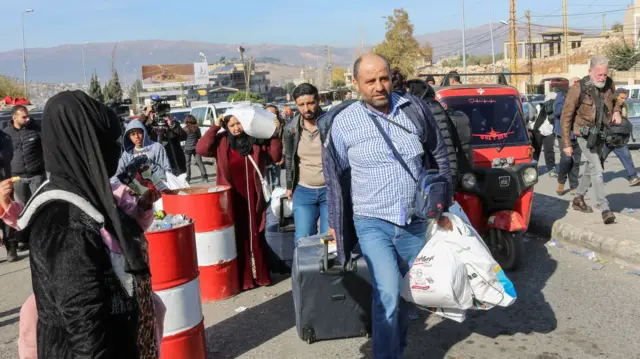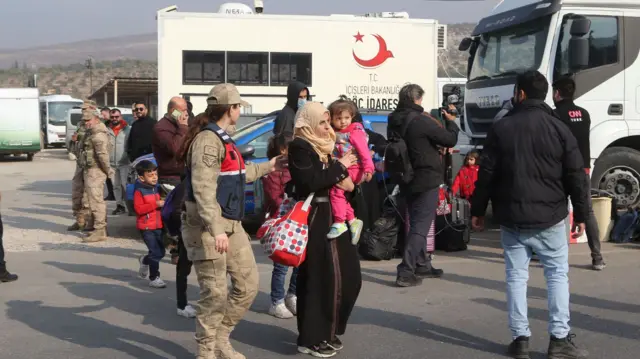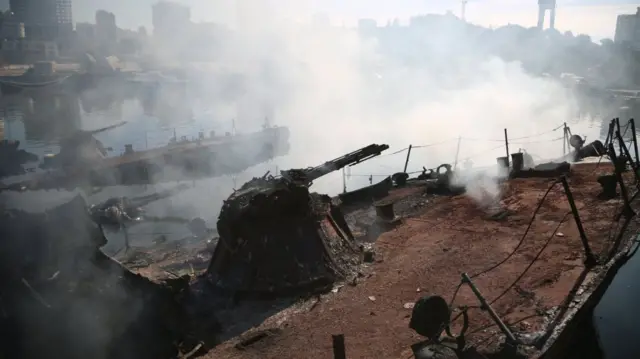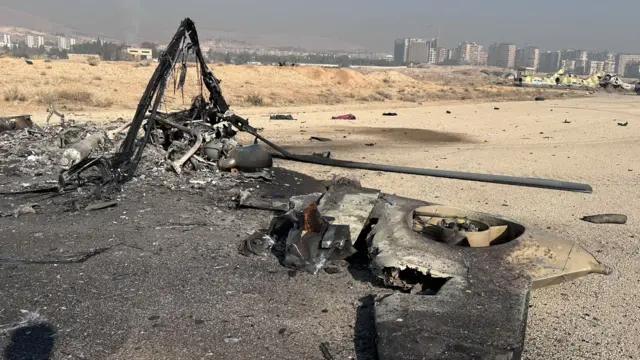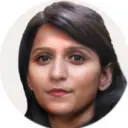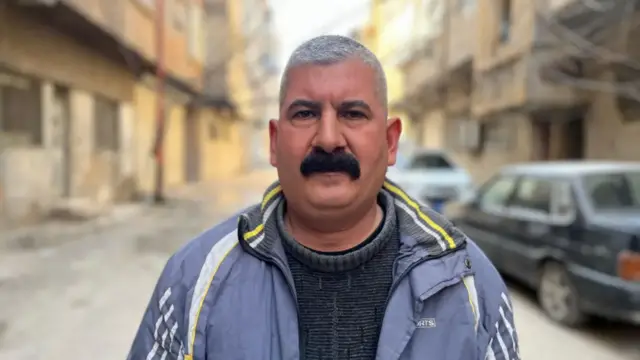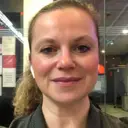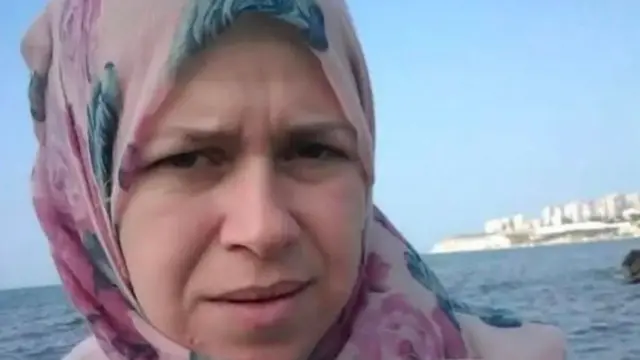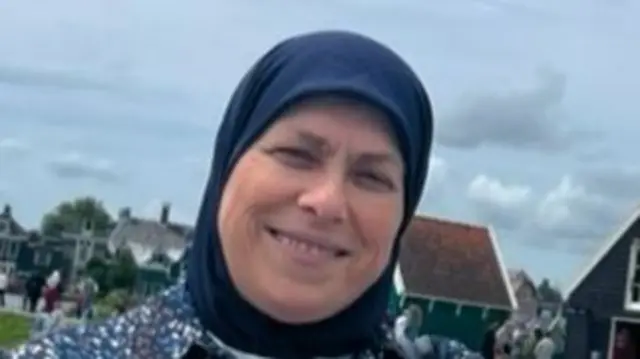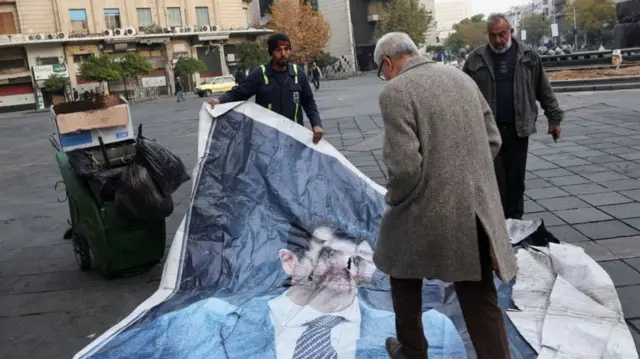Armed rebel fighters pose for photos on the burnt gravesite of Assad's fatherpublished at 13:05 GMT 11 December 2024
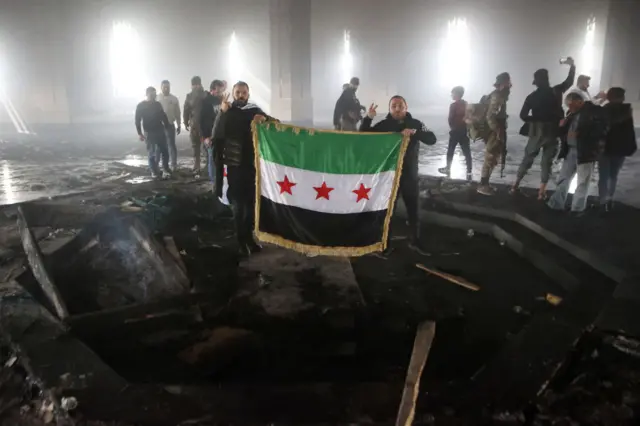 Image source, Getty Images
Image source, Getty ImagesLet's bring you some more images and details of the tomb of ousted Syrian president Bashar al-Assad's father which has been was torched in his hometown of Qardaha.
The tomb also houses the graves of Bashar al-Assad's wife Anisa and eldest son Bassel.
Examining footage from the AFP news agency taken today it shows rebel fighters in fatigues and young men watching parts of the tomb - including a coffin - burn.
According to the UK-based war monitor, the Syrian Observatory for Human Rights (SOHR) rebels set fire to the mausoleum, located in the Latakia heartland of Assad's Alawite community.
The footage also shows parts of the mausoleum ablaze and damaged.
Armed rebel fighters have also posed for a picture on the burnt gravesite of Hafez al-Assad at the family's ancestral village.
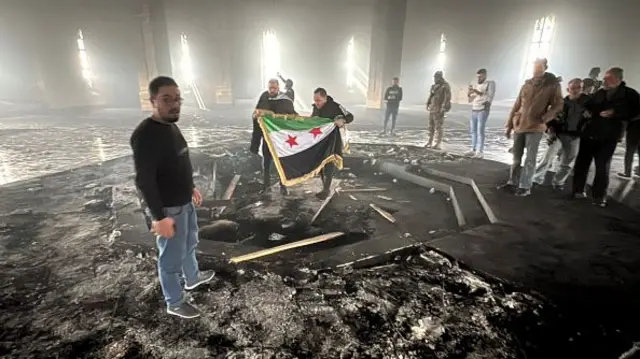 Image source, Getty Images
Image source, Getty Images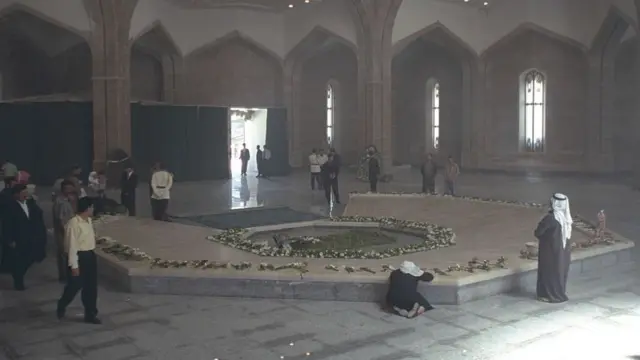 Image source, Getty Images
Image source, Getty ImagesThe mausoleum in its original state following Hafez al-Assad's death in 2000
